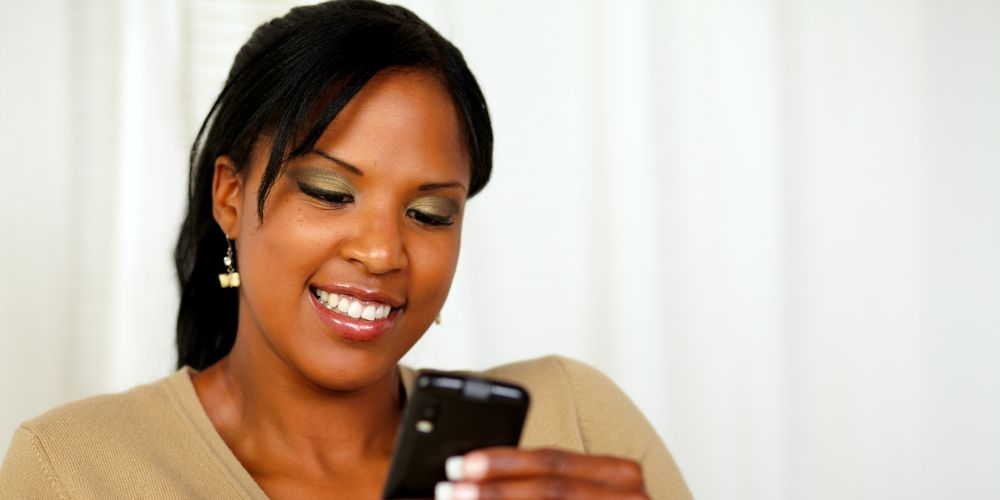How Black Women Find Real Friends Online

This is not your old-fashioned snail mail. The prevalent use of social media allows users to form friendships and other relationships in interactive settings, and it often conflicts with the politics of internet etiquette.
For a long time, I believed that digital interaction was simply an excuse for introverted people to feel as though they were connected to others without the burden of actual in-person interaction. Something about meeting people online felt less than respectable; however, I have struck up an amazing friendship and companionship in the past year with a person who does not live in the same state - or even the same country - as myself.
My most prominent friendship began here: I was perusing my Twitter timeline early last summer when a retweet from someone I followed caught my attention. The tweet was interesting, and the girl who originally tweeted it looked interesting as well. I went onto her page, read some more of her tweets, decided that I would enjoy having such a like-minded person on my timeline, and followed her.
Within time, this girl followed me back and we began striking up conversations on a regular basis. I didn’t think anything of it at first, but over time our interactions became more complex and I began to think of her as more than just one of my followers, but also as a friend.
We eventually decided to move our interactions off Twitter a year later and finally met “face to face” via video chat. When I finally saw her, I was ecstatic. She was a real person with real feelings and cool hair. She wasn’t a robot and I could plainly see that she was the same person from her Twitter page. I could tell that we both shared similar interests outside of activism and tweeting, and our conversations ranged from hilarious to deeply personal.
When asked about how she interprets her experiences with relationships formed over the internet, Twitter user – and friend – @KanikaJo shared this quote with me:
“It becomes very common place for people to condemn interaction that is not face to face. They believe this to be disingenuous, but is it not human interaction to relate with people who are experiencing the same things as you? A myriad of opinions are expressed and shared online, and there are often strangers who defend and protect you from those who seek to destroy your character. Relationships formed over the internet can be extremely valid, because you retain all this information about other people. You can know bits and pieces of their story and that’s just incredible. Actual friendships are hard to explain. There is no need for the qualifier.”
Her thoughts struck a chord with me and made me realize that all my previous assumptions about digital interaction were unfounded claims based solely on my own rigid opinions of what was acceptable interaction. We judge harshly the people who do not adhere to our societal expectations of what is admissible in terms of our personal life, and we deem those who choose to stray from the beaten path as unacceptable. Why isn't it okay to say that you've met a companion through the web? Actual friendships are hard to explain, and a true friendship does not need an explanation for its existence.
The friendship I found online does not need outside approval to be valid or respectable. Open, healthy, and judgement-free discussions on how to safely navigate interactions through social media are needed in order to deconstruct the stigma surrounding these relationships. As part of a generation with a multitude of ways to communicate, we should strive to be less judgmental and less willing to invalidate the people who step out of the comfort zone.
Photo Credit: Shutterstock
Kinsey Clarke is a senior at Michigan State University. She enjoys aerial silks and solo trapeze in her spare time. You can follow her personal Twitter account here: (@tiny_kinsey)

No comments: